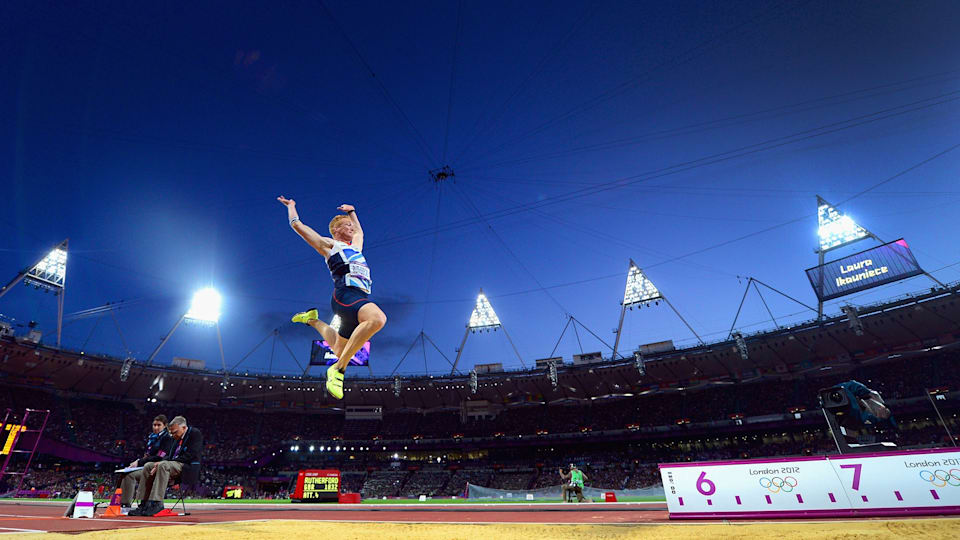Six years on, London 2012 is still delivering a positive economic legacy
Six years to the day when the Queen, James Bond, David Beckham and Mr Bean took part in the Opening Ceremony of the Olympic Games London 2012, UK Sport has announced that more than GBP 130 million has been generated in the British capital by National Lottery and taxpayer-funded events following the Olympic and Paralympic Games.

The figures also show that more than 1.3 million people attended 25 National Lottery-funded events in London. This number does not include the many uses and events held at 2012 legacy venues that were not directly supported by UK Sport or those held in other parts of the country.
Christophe Dubi, the International Olympic Committee (IOC)’s Olympic Games Executive Director, commented: “We congratulate London and UK Sport on continuing to deliver an impactful Games legacy that is adding value to the city and its citizens six years on from hosting the Games. This is a great example of how the Olympic Games can transform lives and provide diverse long-term benefits for a city for years and decades to come.”
This is a great example of how the Olympic Games can transform lives and provide diverse long-term benefits for a city for years and decades to come.
For example, the Olympic Stadium that saw Jessica Ennis win the heptathlon and Usain Bolt cement his place in Olympic sprint history in 2012 hosted the 2017 IAAF World Championships, which created an economic impact for London of GBP 79 million alone.
Esther Britten, who heads UK Sport’s Major Events team, noted: “Every London 2012 venue has hosted world-class competition since the Games, while they have also been open to the general public, allowing people of all ages to use the same arenas as their inspirational Olympic and Paralympic heroes.”
The Olympic Stadium was not the only venue from 2012 to provide a major impact. Hyde Park, which saw Nicola Spirig and Lisa Norden cross the line neck and neck in 2012, hosted the 2013 Triathlon World Grand Final in 2013, which generated an impact of GBP 8 million.
The 2016 UCI Track Cycling World Championships saw a GBP 3 million economic benefit when they were held at the Lee Valley VeloPark, which is where Scottish cyclist Chris Hoy won his sixth gold medal – making him Britain’s most successful Olympian and joint holder of the most medals won by any British athlete at the Olympic Games.
GBP 5 million was generated by the 2016 European Aquatics Championships at the London Aquatics Centre, in the same pool that saw Chad Le Clos win the 200m butterfly and show his continued progression since the Youth Olympic Games in Singapore two years prior, while Lithuanian Ruta Meilutyte won gold in the 100m breaststroke at just 15 years of age.
The FIH Hockey World Cup, which is currently underway at the Lee Valley Hockey and Tennis Centre, has sold over 100,000 seats to fans travelling from all over the world and is expected to have a global TV audience of 1 billion. All looking to see which teams can emulate the Dutch women and German men from 2012 by winning gold at the venue.
But it’s not over yet, with more events being lined up and the Games venues also finding other uses. As the Chief Executive of the London Legacy Development Corporation, Lyn Garner, said: “So much has changed at Queen Elizabeth Olympic Park in the last six years. Since London 2012, homes have been built, thousands of jobs have been created and millions of people have visited the venues and events at the Park. And there's even more to come; from world-class universities and museums to new schools and businesses.”